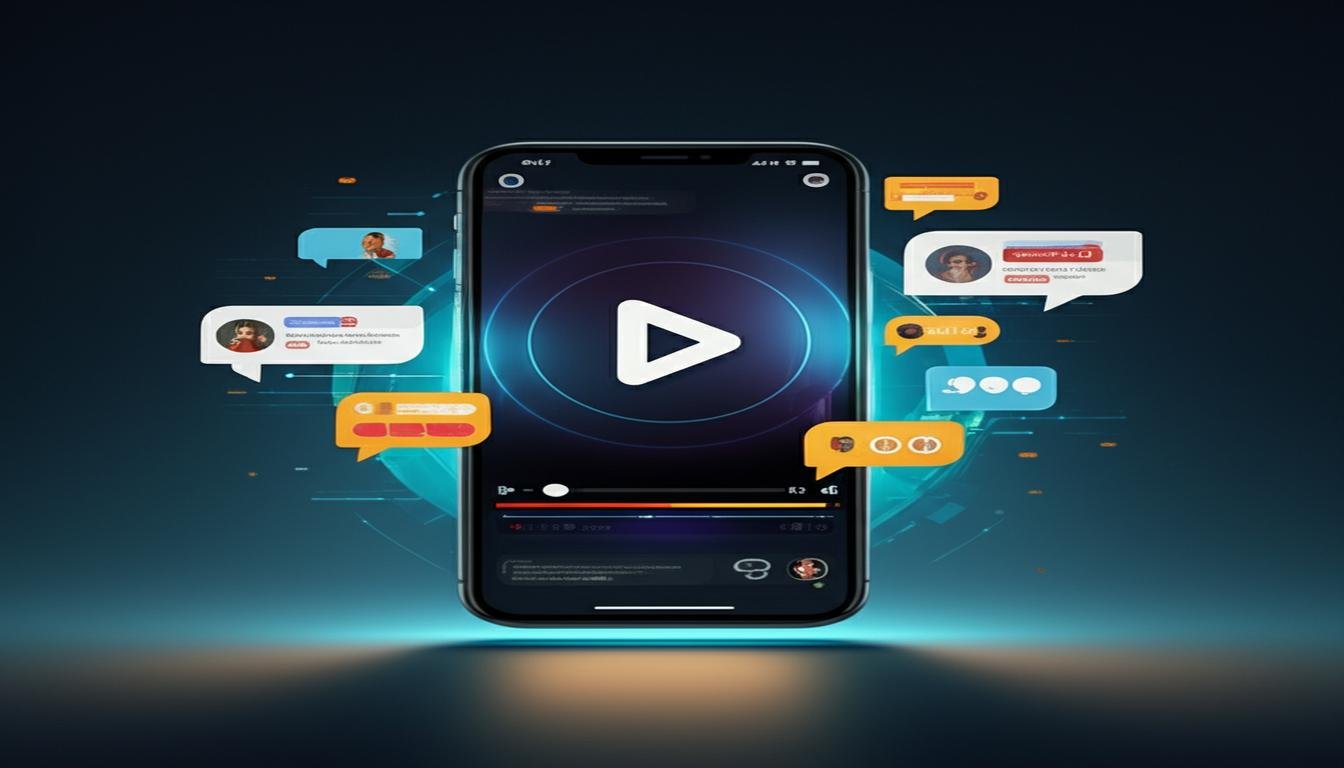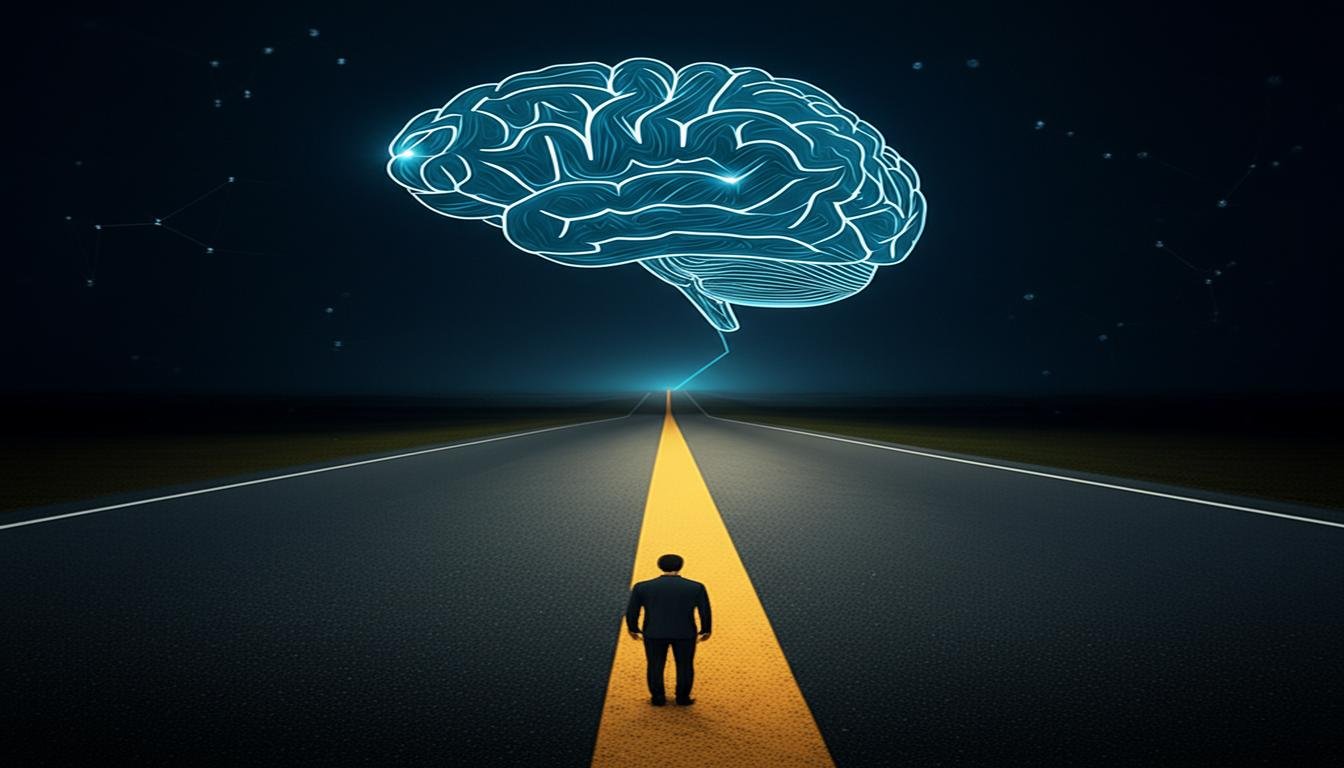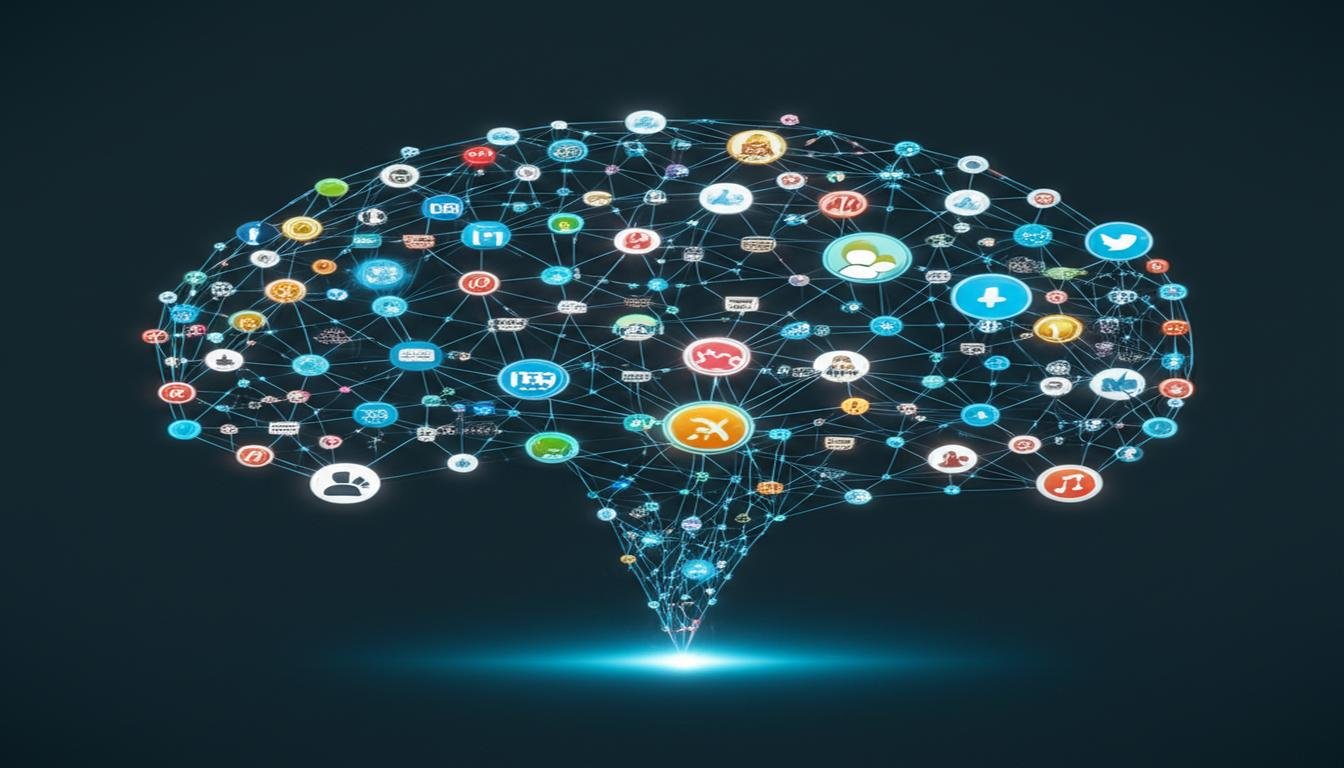Ever had a thought you wished you could just *project* onto a screen? Or maybe one you absolutely hoped no one would ever know? Well, buckle up, because what used to be pure science fiction is now becoming startlingly real. We’re talking about AI that can actually peek into your brain and figure out what you’re thinking. And yes, it’s not just groundbreaking – it’s genuinely creeping out some of the very scientists who are building it.
Imagine this: you’re listening to a podcast, or even just thinking about your day, and a computer program is silently decoding those messy electrical signals in your skull, turning them into coherent words or even images. Sound like something out of a futuristic thriller? It’s happening right now in labs around the world, and it’s raising some massive questions about privacy, identity, and the very nature of human thought.
The Dawn of “Mind-Reading” AI: What’s the Big Deal?
When we say “mind-reading AI,” it’s not quite like Professor X from the X-Men. It’s more about sophisticated algorithms analyzing brain activity patterns. Researchers are using advanced techniques like fMRI (functional Magnetic Resonance Imaging) or EEG (Electroencephalography) to monitor brain signals. These signals, generated when you think, speak, or even just imagine, create unique patterns. The AI’s job? To learn and interpret these patterns.
Think of it like this: your brain speaks a super-complex, constantly changing language. For centuries, we’ve only been able to guess at its meaning. Now, AI is acting as a Rosetta Stone, slowly but surely translating snippets of that internal dialogue into something we can understand.
How Does This Brain-Decoding Technology Actually Work?
- Data Collection: People might watch videos, listen to stories, or silently imagine things while their brain activity is being recorded.
- Pattern Recognition: AI models, specifically deep neural networks, are trained on this vast amount of brain data. They learn to associate specific brain patterns with certain words, images, or concepts.
- Decoding: Once trained, when the AI observes a new brain pattern, it can attempt to “decode” what the person is thinking or perceiving based on what it has learned. Some systems can even reconstruct images a person is seeing or generate text from imagined speech.
It’s not perfect, and it’s certainly not instantaneous telepathy. But the progress is rapid and undeniable. From decoding basic words to reconstructing entire sentences and even visual scenes, the capabilities are expanding at a breathtaking pace.
Why Scientists Are Feeling Uneasy About Their Own Creations
You’d think scientists would be thrilled by such monumental breakthroughs, and many are! But there’s a growing undercurrent of genuine apprehension. The “creepy” factor comes from several deeply unsettling implications:
1. The Ultimate Invasion of Privacy
Our thoughts have always been considered the last bastion of personal privacy. Our inner monologue, our secret desires, our unuttered opinions – they’re ours alone. This new neurotechnology directly challenges that fundamental right. If an AI can reliably access our thoughts, even partially, where does personal autonomy begin and end? The idea of a “thought crime” might sound absurd now, but it suddenly feels a lot less fictional.
2. Ethical Minefield and Potential for Misuse
Who owns your thoughts? Can this technology be used without consent? Imagine scenarios where:
- Governments could monitor citizens’ mental states.
- Advertisers could directly tap into your subconscious desires.
- Employers could screen candidates based on their “true” thoughts.
- Criminal justice systems might try to extract confessions.
These aren’t just hypotheticals; they are serious ethical questions that need answers *before* the technology becomes widespread.
3. Defining “Thought” and “Identity”
This AI also pushes us into philosophical territory. What *is* a thought? Is it just brain activity? If an AI can interpret our thoughts, does it truly understand them, or just pattern-match? It forces us to reconsider what makes us, well, *us*, and how deeply our identity is tied to our private inner world.
The Silver Lining: Incredible Potential for Good
Of course, it’s not all doom and gloom. The potential benefits of this mind-reading AI are truly astounding. For people suffering from “locked-in syndrome” or severe paralysis, who cannot communicate through traditional means, this technology could be a miraculous lifeline, allowing them to express thoughts and desires for the first time in years.
It could also revolutionize assistive technologies, help us understand and treat neurological disorders like Alzheimer’s or Parkinson’s, and even lead to new forms of human-computer interaction that feel incredibly intuitive.
Navigating the Future of Thought-Decoding AI
So, where do we go from here? The scientists who are “creeped out” aren’t calling for a halt to progress. Instead, they’re urging for a proactive and thoughtful approach to these powerful new tools. This isn’t just a technological challenge; it’s a societal one.
We need:
- Robust Ethical Frameworks: Clear guidelines on consent, data usage, and the limits of brain decoding.
- Legal Protections: New laws to safeguard mental privacy, treating our thoughts as sacrosanct.
- Public Education: Open discussions to help everyone understand the technology, its benefits, and its risks.
The development of mind-reading AI is a profound moment in human history. It’s a testament to our ingenuity, but also a stark reminder of our responsibility. As this incredible, slightly unsettling technology continues to evolve, it’s up to all of us to ensure it’s guided by wisdom, empathy, and a deep respect for the human mind.
The future isn’t just coming; it’s already thinking. And it’s asking us what we’re going to do about it.









